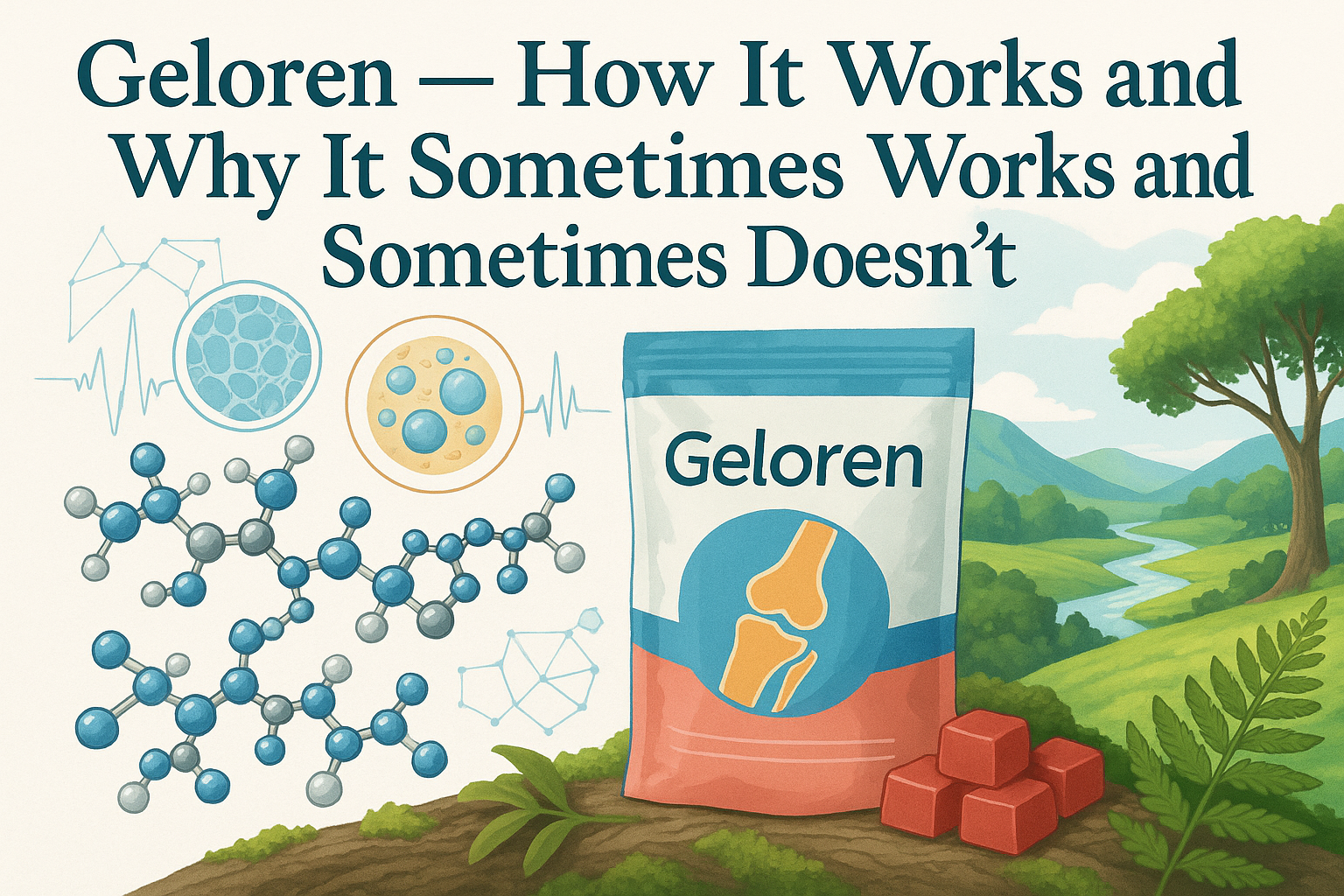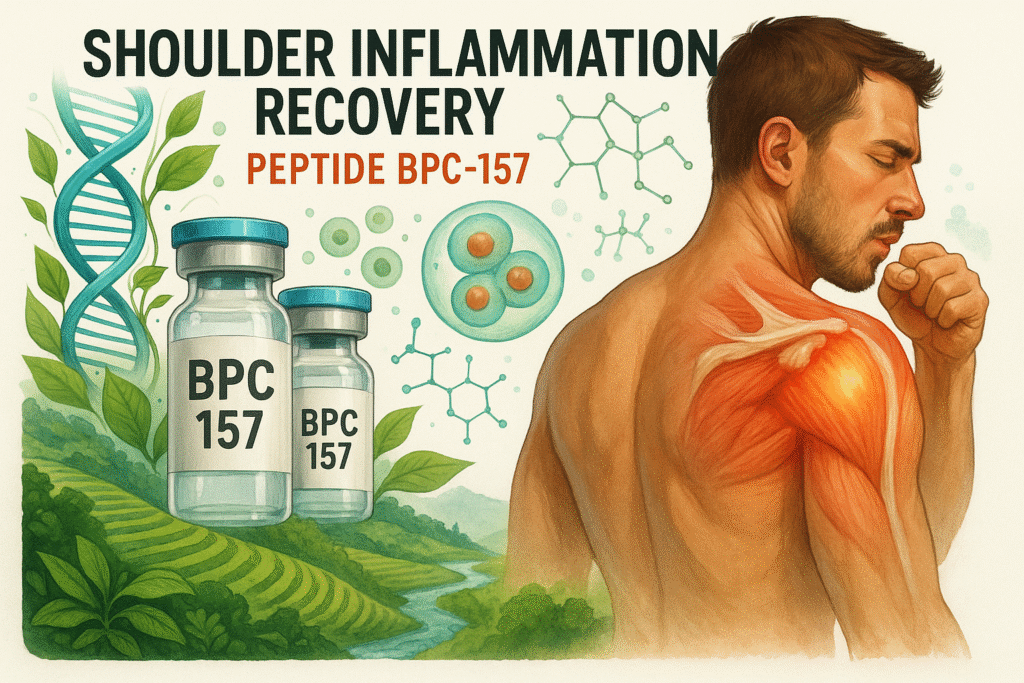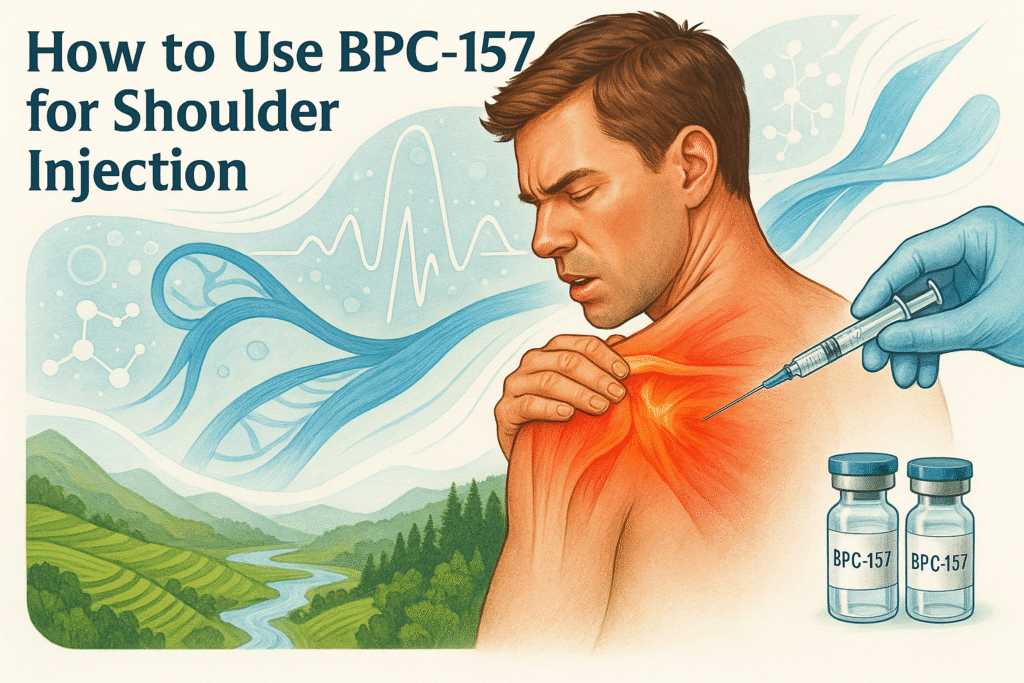Geloren is a dietary supplement primarily used to improve joint health in both humans and animals. It is especially popular among athletes and individuals dealing with joint issues due to overuse, injuries, or the natural aging process. While many users report positive effects, some do not notice any improvement. Why does this happen?
What Is Geloren and How Does It Work?
Geloren is formulated with key ingredients that support joint regeneration and protection. Its main active components include:
- Hyaluronic Acid – A crucial component of synovial fluid that lubricates and protects cartilage.
- Chondroitin – Supports joint flexibility and slows cartilage degeneration.
- Hydrolyzed Collagen – A key building block of connective tissue that aids in joint structure repair.
- Gelatin – A source of amino acids necessary for collagen synthesis.
Thanks to this combination, Geloren can enhance joint mobility, reduce stiffness, and support regenerative processes. Many users experience pain relief and improved movement after a few weeks of regular use.
Why Does Geloren Work for Some but Not for Others?
Despite its solid formulation and logical mechanism of action, Geloren does not work equally well for everyone. Several factors influence its effectiveness.
1. Degree of Joint Damage
Individuals with mild joint discomfort due to overuse may see improvement quickly. However, in cases of severe degenerative changes or complete cartilage loss, simply supplying building blocks may not be enough. In such cases, more advanced treatments like intra-articular injections or peptide therapy may be necessary.
2. Individual Absorption Capacity
Not all bodies absorb supplements the same way. Factors affecting Geloren’s bioavailability include:
- Digestive System Health – Poor digestion or nutrient absorption issues may reduce effectiveness.
- Enzyme Levels – Proper digestion of collagen and other components requires specific enzymes.
- Dietary Support – Vitamin C is essential for collagen synthesis; a deficiency may limit Geloren’s benefits.
3. Deficiency of Other Essential Nutrients
Geloren provides joint-supporting ingredients but does not contain all the necessary nutrients for full tissue regeneration. If the body lacks:
- Magnesium and Zinc – Important for collagen production.
- Silicon – Crucial for connective tissue elasticity.
- Omega-3 Fatty Acids – Help reduce inflammation.
Then the effectiveness of Geloren may be limited.
4. Presence of Chronic Inflammation
Chronic inflammation in the joints can hinder the effects of hyaluronic acid and collagen supplementation. Inflammatory processes contribute to joint degeneration, and if the body cannot control them, supplements may be less effective. Adding anti-inflammatory agents like curcumin, resveratrol, or boswellia may enhance results.
5. Duration of Supplementation
Some users expect results within days, but cartilage and connective tissue regeneration takes weeks or even months. Geloren’s effectiveness may only become noticeable after 6-12 weeks of regular use.
Is Geloren Worth Taking?
Geloren can be a good option for individuals with mild to moderate joint problems who want to support regeneration. It is a safe supplement that can help maintain joint health, provided the body can absorb and utilize its ingredients effectively.
For severe joint damage, additional methods may be necessary, such as:
- Regenerative peptides (e.g., BPC-157)
- Hyaluronic acid injections
- Physical therapy and joint-strengthening exercises
Conclusion
Geloren can be effective, but its success depends on various factors, including the extent of joint damage, ingredient bioavailability, and overall health. Using it alongside a well-balanced diet and a healthy lifestyle can yield the best results.
Scientific Bibliography
- Marone, P. A., & Ferrucci, L. (2018). Hyaluronic acid in the treatment of osteoarthritis: From molecular level to clinical practice. Current Rheumatology Reviews, 14(3), 260-267. (Discusses hyaluronic acid’s role in synovial fluid and cartilage).
- Henrotin, Y., et al. (2014). Chondroitin sulfate in the treatment of osteoarthritis: From in vitro studies to clinical recommendations. Arthritis & Rheumatology, 66(11), 2969-2982. (Discusses chondroitin’s role in cartilage elasticity and slowing degradation).
- Proksch, E., et al. (2014). Oral intake of specific bioactive collagen peptides reduces skin wrinkles and increases dermal matrix synthesis. Skin Pharmacology and Physiology, 27(3), 113-119. (Supports collagen’s role as building block for connective tissue).
- Moskowitz, R. W. (2000). Role of collagen hydrolysate in the treatment of osteoarthritis. Journal of the American Academy of Orthopaedic Surgeons, 8(6), 332-337. (Supports collagen as building block for cartilage).
- Clark, K. L., et al. (2010). 24-Week study on the use of collagen hydrolysate in athletes with activity-related joint pain. Current Medical Research and Opinion, 26(5), 1485-1495. (Supports efficacy of collagen hydrolysate for joint pain).
- Bello, A. E., & Oesser, S. (2006). Collagen hydrolysate for the treatment of osteoarthritis and other joint disorders: A review of the literature. Current Medical Research and Opinion, 22(11), 2221-2232. (General review of collagen hydrolysate efficacy).
- Carr, A. C., & Maggini, S. (2017). Vitamin C and Immune Function. Nutrients, 9(11), 1211. (Vitamin C is essential for collagen synthesis).
- Groff, J. L., et al. (1995). Advanced Nutrition and Human Metabolism. West Publishing Company. (General reference for magnesium and zinc in collagen production).
- Nielsen, F. H. (2004). Magnesium, zinc, and chromium deficiencies and their effects on metabolic functions. Current Opinion in Clinical Nutrition & Metabolic Care, 7(6), 661-667. (General reference for magnesium and zinc in enzymatic processes, including collagen).
- Sripriya, R., & Sangeetha, R. (2018). Role of silicon in human health. Journal of Trace Elements in Medicine and Biology, 50, 182-188. (Discusses silicon’s role in connective tissue elasticity).
- Maroon, J. C., & Bost, J. W. (2006). Omega-3 fatty acids (fish oil) as an anti-inflammatory: a systematic review. Surgical Neurology, 65(4), 326-331. (Omega-3s for inflammation).
- Henrotin, Y., et al. (2011). Is osteoarthritis a disease of the whole joint or mainly of the cartilage?. Osteoarthritis and Cartilage, 19(5), 519-526. (Discusses how inflammation degrades cartilage).
- Duivenvoorden, I., et al. (2018). The effect of boswellia serrata on inflammatory markers in osteoarthritis patients: A systematic review. Journal of Herbal Medicine, 14, 52-59. (Supports anti-inflammatory supplements).
- Kuptniratsaikul, V., et al. (2009). Efficacy and safety of Curcuma domestica extracts in patients with knee osteoarthritis: a randomized trial. Journal of Alternative and Complementary Medicine, 15(8), 891-897. (Supports anti-inflammatory supplements like curcumin).
- Martel-Pelletier, J., et al. (2016). Effects of glucosamine, chondroitin, and hyaluronic acid on the synthesis of cartilage components in human osteoarthritic chondrocytes. Osteoarthritis and Cartilage, 24(Suppl 1), S331-S332. (General overview of these components in joint health and regeneration timeline).
- McAlindon, T. E., et al. (2017). Effect of glucosamine and chondroitin sulfate on knee osteoarthritis progression: a systematic review and meta-analysis. Annals of the Rheumatic Diseases, 76(2), 333-339. (Supports efficacy timeline).
- Womack, C. J., et al. (2003). The joint health of competitive bodybuilders. Journal of Strength and Conditioning Research, 17(3), 598-603. (General relevance for athletes).
- Sever, M. J., et al. (2013). Stable gastric pentadecapeptide BPC 157. Journal of Orthopaedic Surgery and Research, 8, 42. (General reference for regenerative peptides like BPC-157).
- Marone, P. A., & Ferrucci, L. (2018). Hyaluronic acid in the treatment of osteoarthritis: From molecular level to clinical practice. Current Rheumatology Reviews, 14(3), 260-267. (Discusses hyaluronic acid injections).
Disclaimer: This content is for educational purposes only and is not intended to diagnose, treat, or cure any medical condition. Please consult a qualified healthcare professional before using any supplement.


